-
Body Swap Stories

Body swap stories are as ancient as story itself. Take the British folk tale The Witch-hare of Cleveland. A local witch tells some farmers where to find a hare they can hunt, but warns them not to set a black dog on it. They set a black dog on it, of course. That’s how fairytales […]
-
Out-of-character Moments In Fiction

What does it mean to act ‘out-of-character’? I mean, they’re fictional, right? However they act must be who they are. Yet audiences and critics will sometimes feel that a fictional creation is acting out of character. Writers are always worried about moments that are ‘out of character,’ but everyone does things where you wonder ‘where […]
-
Zoomorphism and Chremamorphism
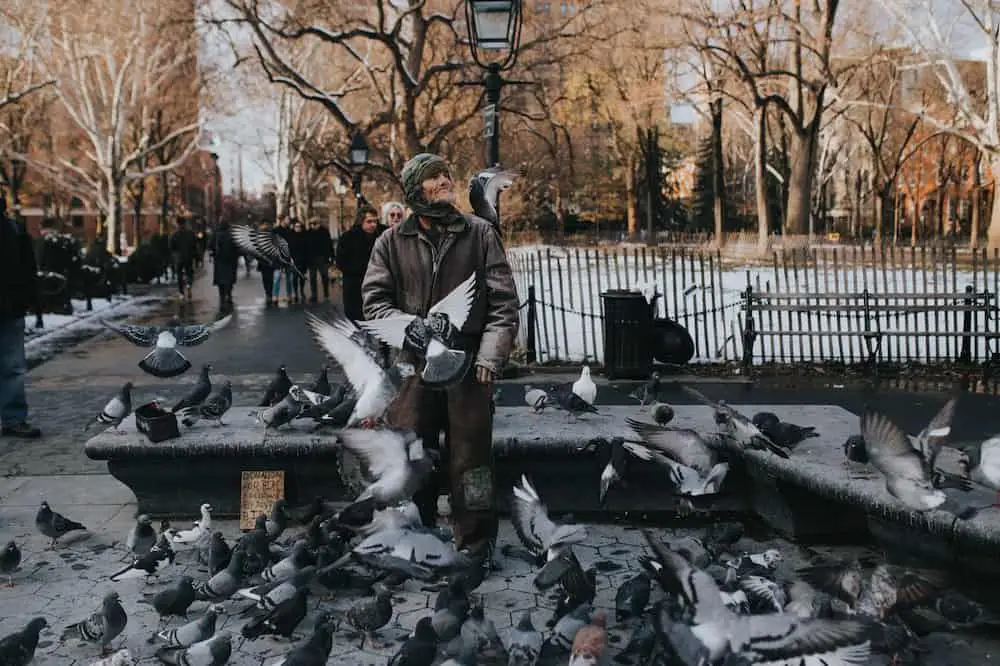
Both personification and anthropomorphism are types of metaphors. But what do you call it when it’s the other way round? i.e., when a human being is compared to an animal by virtue of animal characteristics?
-
The Thrill of the Chase in Storytelling
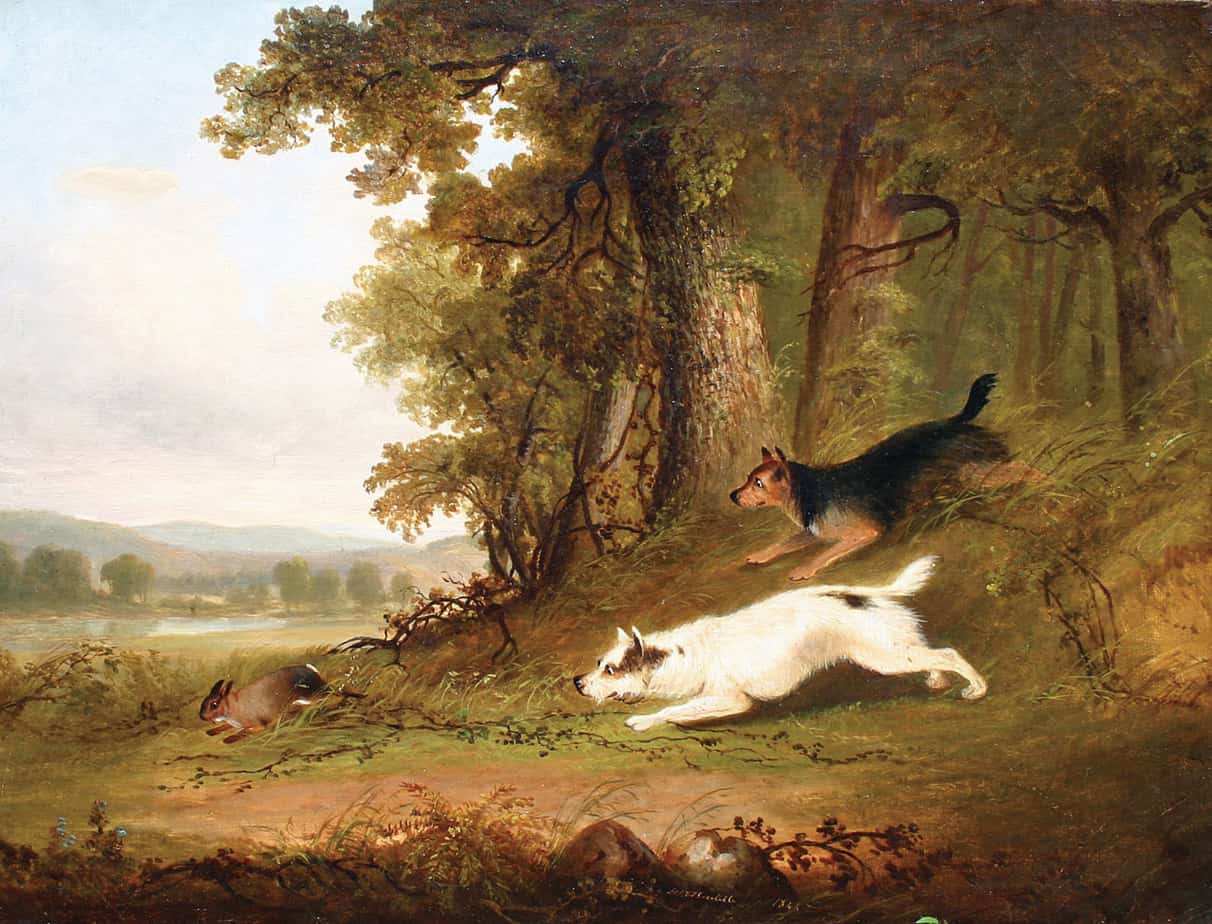
In the spoof Thriller Concept Generator below, cartoonist Tom Gauld captures the centrality of the chase sequence in the thriller genre.
-
Rabbits and Hares in Art and Storytelling
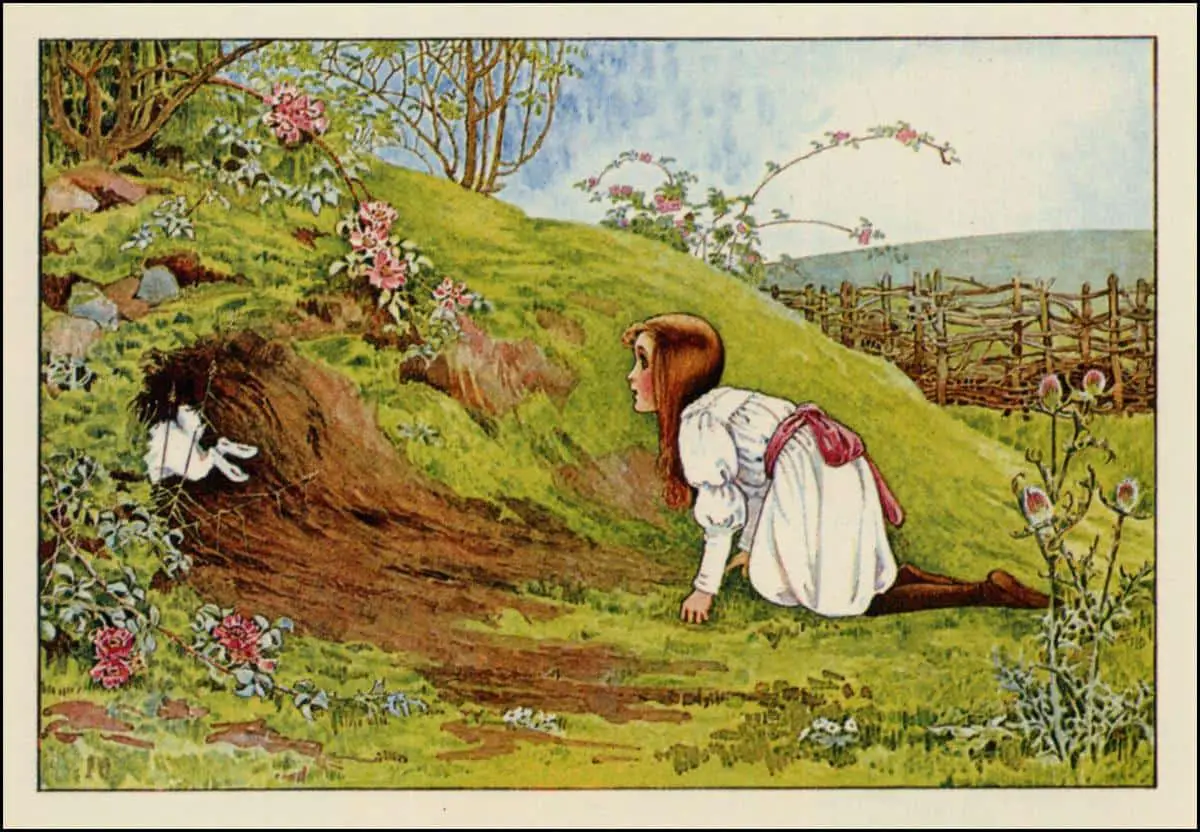
Rabbits are strongly associated with babies and early childhood. They appear often in stories and art for children. But what about hares?
-
Deals With The Devil In Storytelling
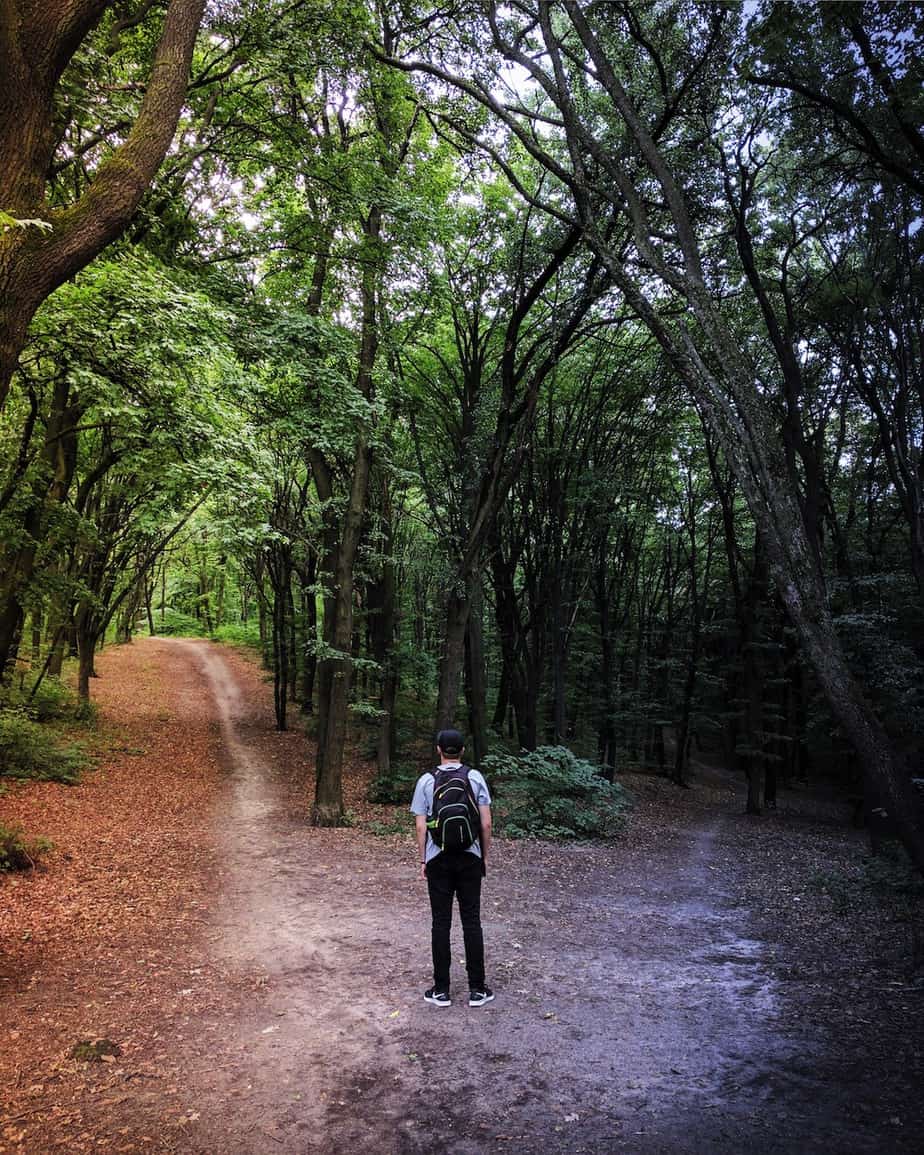
Humans have been making transactions with money for about 5000 years. Before that, our ancestors traded goods; before that, favours. We are a species highly attuned to swapping, making deals, owing favours and keeping stock. So it’s not surprising that we personify ‘fate’ or ‘life itself’ or God or whatever, and feel, deep down, that […]
-
When You Reach Me by Rebecca Stead Novel Study
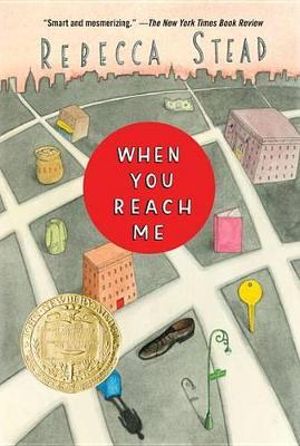
When You Reach Me by Rebecca Stead is ten years old now, published 2009. I’ve seen this middle grade novel described as magical realism, though for knotty political reasons we might prefer to call it fabulism. It is also science fiction and grounded in the real world. It packs a lot into 40k words. There […]
-
The Socially Aspiring Woman Comedy Trope
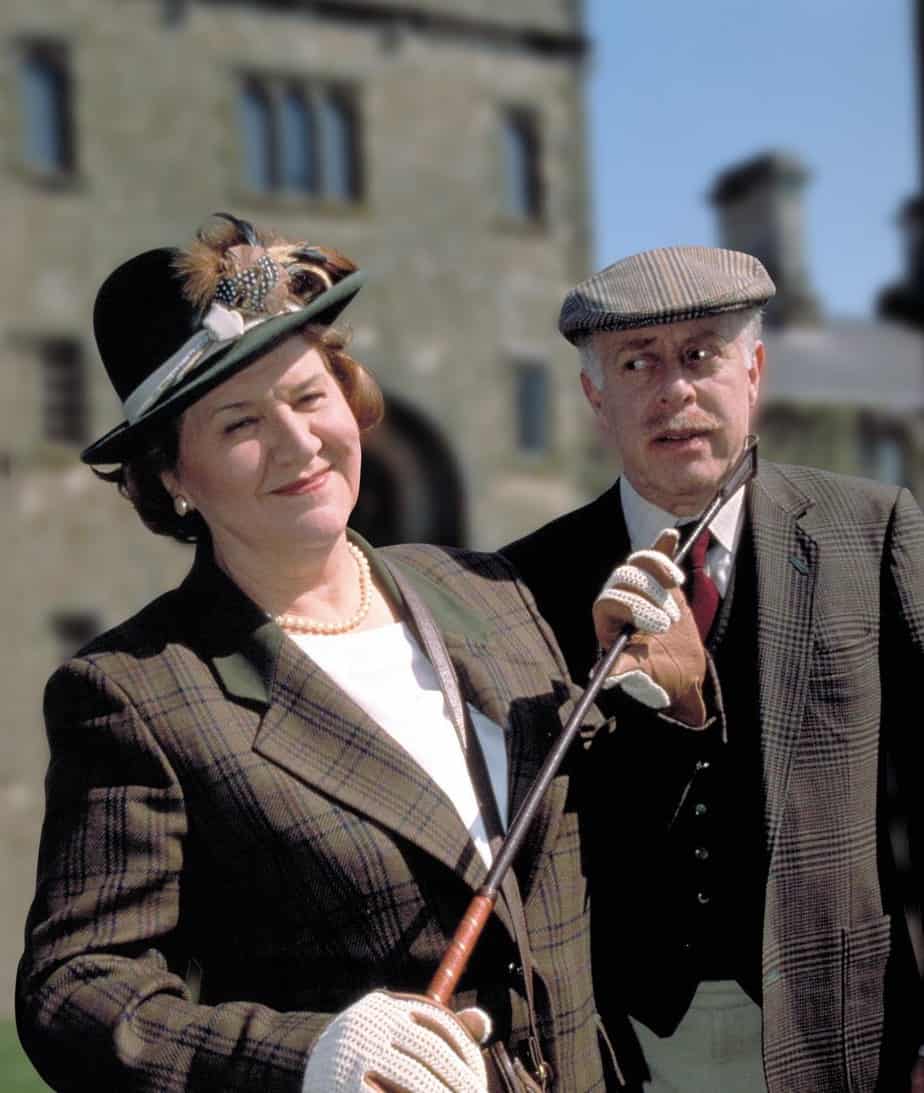
Recently the Woman’s Hour podcast talked about a gendered comedy trope which I’d never really noticed was gendered: the socially aspiring, snobbish female. Hyacinth Bucket is a standout example, along with: Linda Snell from The Archers Audrey fforbes-Hamilton from To The Manor Born Margo from The Good Life (Penelope Keith is especially good at playing […]
-
The Psychology of Hoarding

How is hoarding treated in fiction, if at all? In her short story “Free Radicals“, Alice Munro portrays a woman working through the recent loss of her husband. First, the way friends react — helpfully and unhelpfully. Funeral arrangements, immediate aftermath. Memories, both painful and beautiful, mixed in together to paint a portrait of a […]
-
Why Women Love True Crime
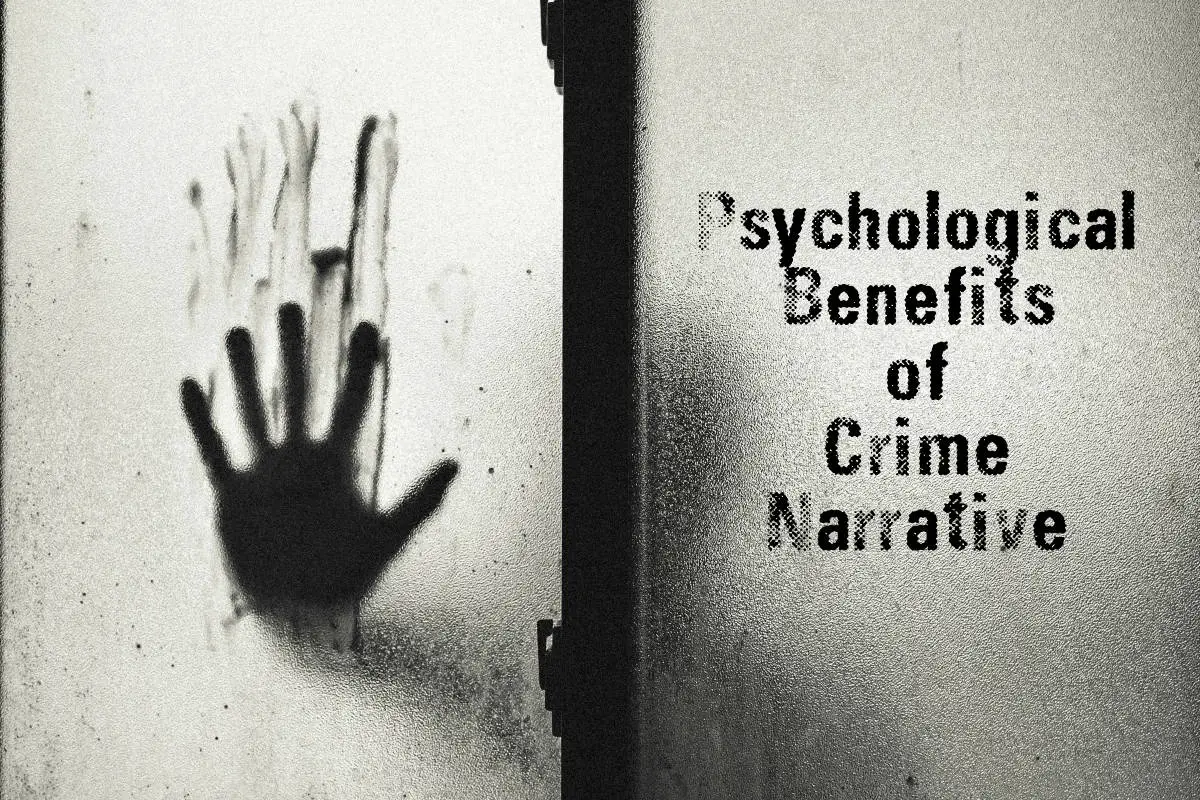
When I was in Form 2 (now called Year 8), our teacher set a transactional writing exercise: Does violent media make a culture more violent? I’d never heard of Rudine Sims Bishop who, five years earlier, in a different hemisphere, had been writing about how story functions as a mirror as well as a window, […]
-
Humour in the Nancy Cartoons by Olivia Jaimes
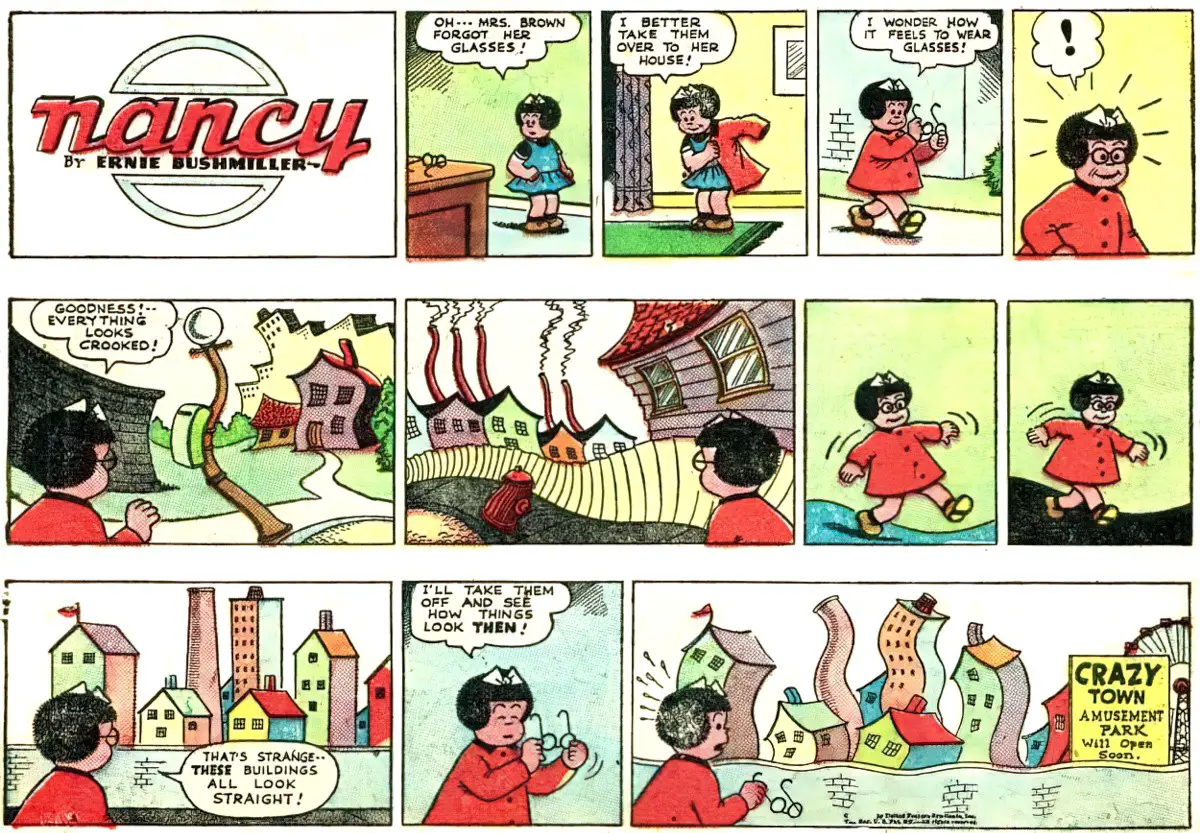
I really like Scott Dikkers’ taxonomy of humour categories. Today I’m taking a closer look at why the new Nancy cartoons by the pseudonymous Olivia Jaimes work so well for so many. In short, why are these minimalist snapshots funny?
-
Writing Activity: Describe A View From A Moving Vehicle

When conveying the movement of the vehicle, Lists and Repetition as Storytelling Technique may come in handy. Now on the streetcar going to Lena’s place I couldn’t stop the stupidity. I said, “Are we still downtown?’”The high buildings had been quickly left behind but I didn’t think you could call this area residential. The same […]
-
When Everyone Else Is A Ghost
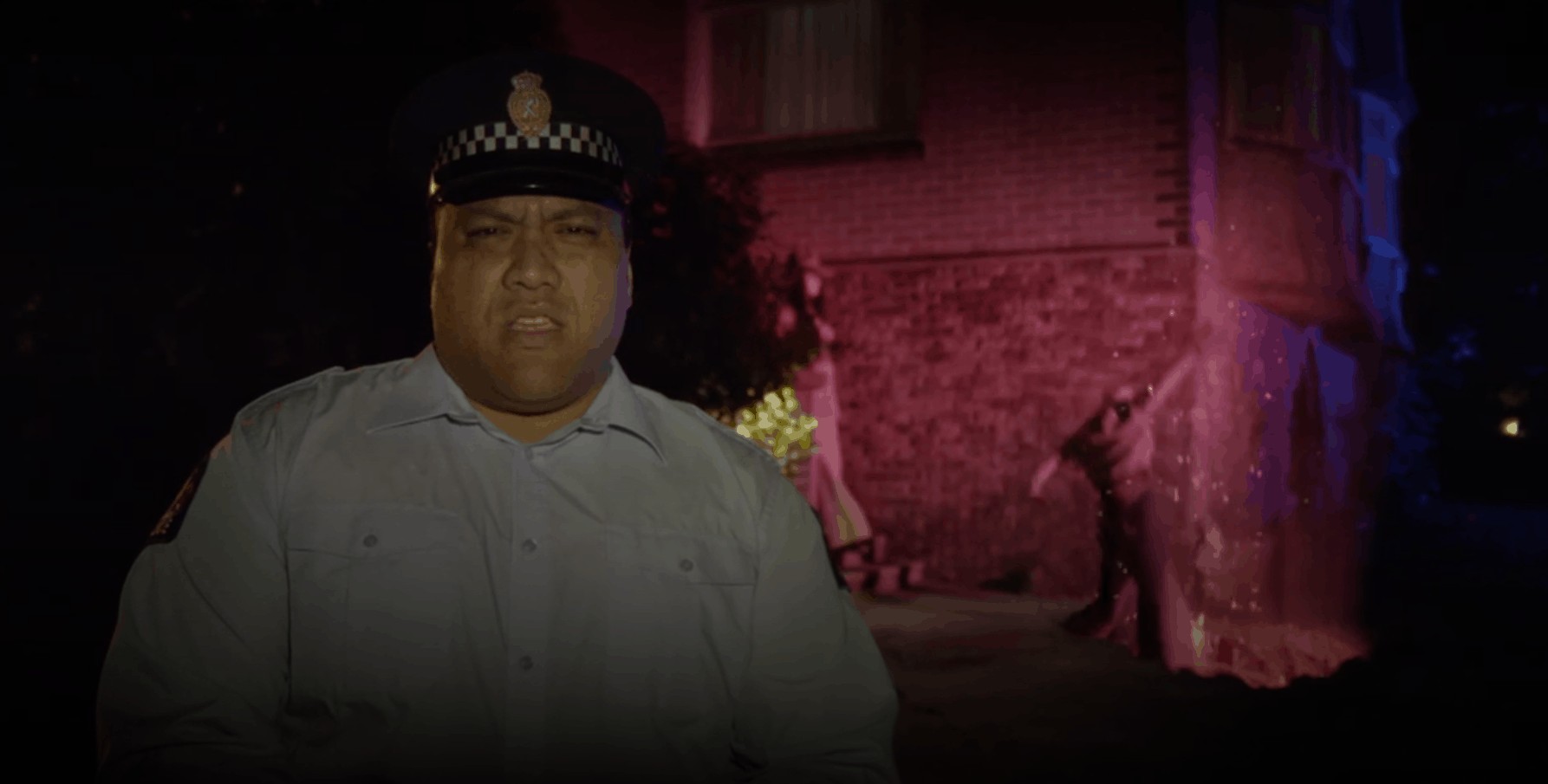
You may not believe in ghosts to enjoy ghost stories. I don’t either. But once you understand how ghost stories work, you’ll understand how tools of persuasion are used in other realms. Studying the ghost story is a fun way to study the techniques of persuasion. Ghost stories have plenty of other functions, too. There […]
-
Writing Detective Stories
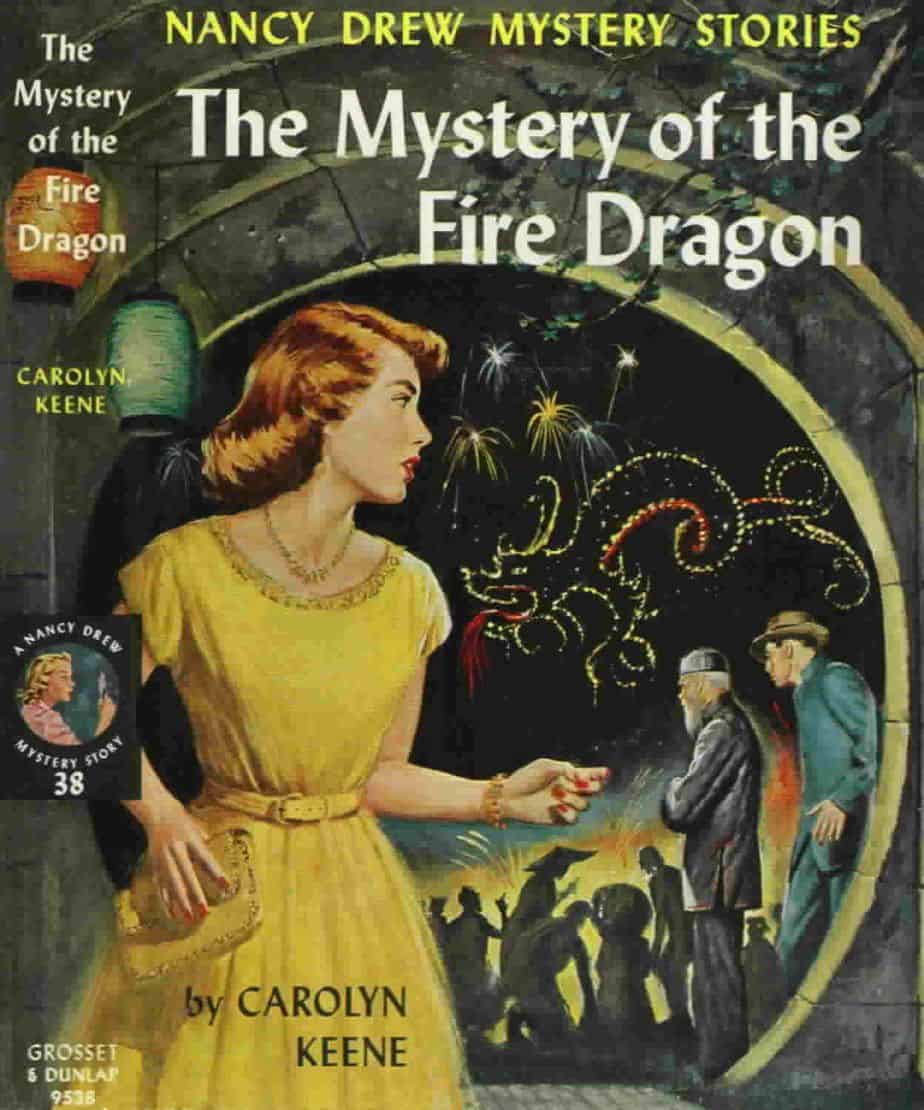
A detective story is a type of mystery told through the eyes of law enforcers. Crime stories, in contrast, are often told through the eyes of the criminal. An example of a crime story is The Sopranos. Detective stories relate the solving of a crime, usually one or more murders, by a main character who […]
-
All About The Thriller Genre
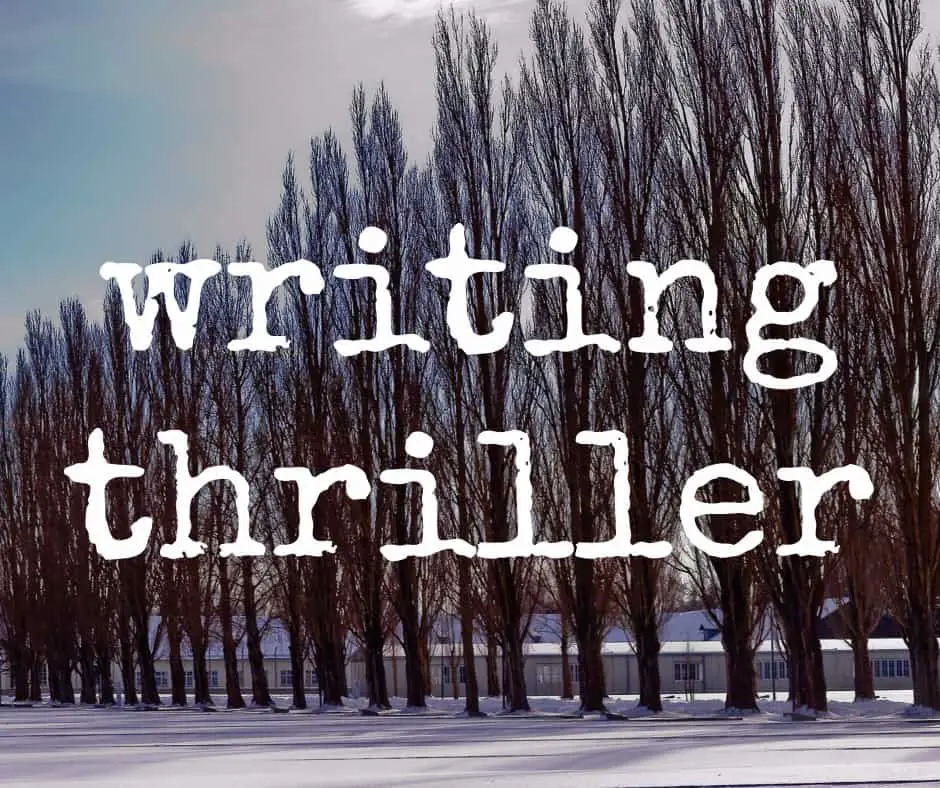
Below, I list a collection of thought-provoking tips on writing the thriller genre. It’s not that easy to pinpoint what a thriller is, because a lot of descriptions focus on the tone. But this doesn’t help writers much. From a writing point of view, the thriller must contain certain things, otherwise it’s not a thriller. […]